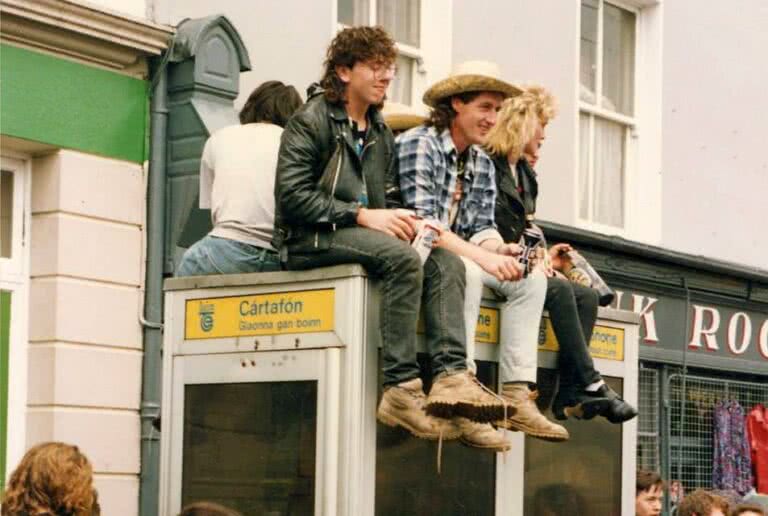‘People don’t buy for logical reasons, they buy for emotional reasons.’ – Zig Ziglar
You’re sitting having a coffee listening to the radio or at your desk drowning out the office noise with your favourite Spotify playlist. Then that song comes on.
Suddenly you’re transported back in time. You feel the exhilaration and newfound freedom of taking off on your first ever road trip. The euphoria of experiencing your favourite band live on stage for the first time. You’re whisked back to a cherished moment in your past when that song first meant something to you.
A study by the National Trust and The University of Surrey revealed that when we encounter a meaningful memory, a significant response is triggered in areas of the brain known to process emotion. This link between memory and emotion is the crux of nostalgia.
Tapping into nostalgia to capture the hearts of your attendees
Nostalgia is a powerful state of mind.
When we romanticise or feel sentimental about a certain period in our life, we’re usually remembering a time when we felt particularly happy or care-free.
Nostalgia has a transformative effect on our minds on many levels:
- Nostalgia not only evokes feelings of elation and ecstasy, but can actively counteract anxiety and loneliness
- Nostalgia helps us to feel more socially connected to others
- Nostalgia can make us feel more positive about the future
- Feelings of nostalgia can influence the decision-making process. Studies have shown that when we feel nostalgia, we make bigger purchasing decisions.
As an event creator, you should consider how you can tap into this state of mind. Sometimes, the best event ideas aren’t driven by the latest shiny thing, but rather born from revived gems of the past. Harkening back to the good old days not only creates a more meaningful experience for attendees, but also helps to boost brand sentiment, and ultimately drive more ticket sales.
Lessons from the return Trip to Tipp
The triumph of last year’s return Trip to Tipp event is a powerful example of the draw of nostalgia.
When tickets went on sale, they sold out in minutes. Not only that, but a second day was added due to the phenomenal demand. And the explosive comeback lived up to all the expectations. The post-gig reaction was so strong that Féile is returning again year – this time in the form of the newly rebranded Tipp Classical.
Hailed as the mecca for Irish bands in the 90s, for many, the return Trip to Tipp is one imbued with glorious memories of Ireland gone by.
Tom Dunne, frontman of Something Happens and curator of Tipp Classical describes this era as a joyous time for Ireland.
The recession was finally over. The country was rapt in the euphoria of Italia 90. More and more Irish bands were appearing on international stages. Our green isle was alive with delirious national pride. It’s no surprise then that so many of the original Féile goers came back to relive the glory and magic of that time.
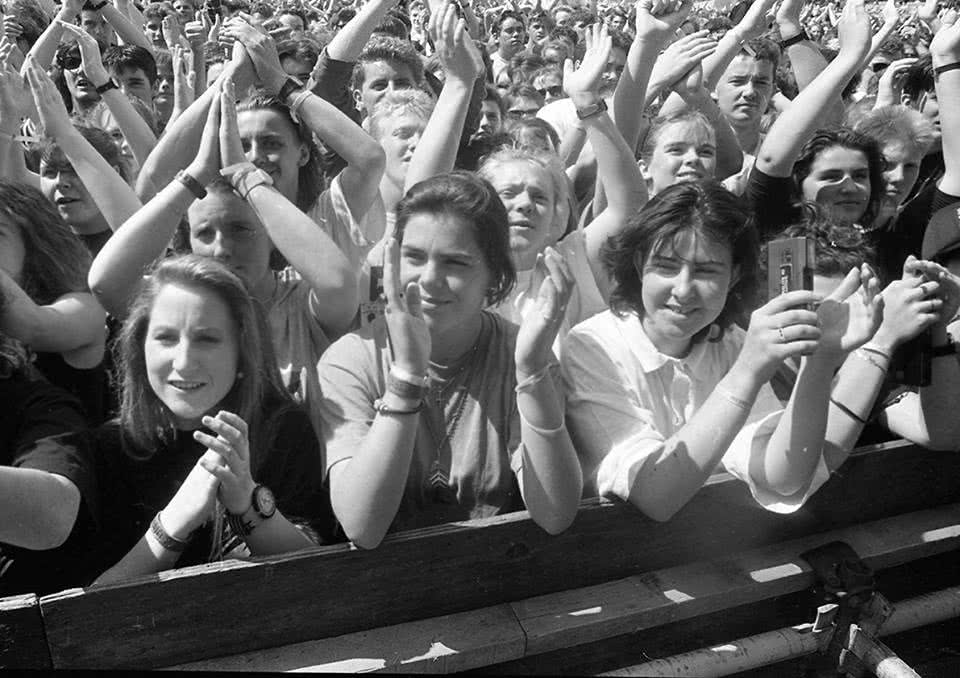
Féile ’90 – Photo credit: Independent Archives
Research has shown that returning to meaningful places, sensory inputs like listening to a particular song, or social interactions like meeting up with old friends can trigger feelings of nostalgia.
The explosive comeback of Féile last year brought all these elements in spades.
The venue played a powerful role in transporting attendees back in time. Returning to the cherished hurling turf of Semple Stadium was a key decision to recapture the magic. Semple Stadium holds a special place in the hearts of Feile-goers. It was the first festival experience for many. A place where first kisses were enjoyed, where lifelong friendships cemented, and where mighty craic was had.
Tom describes the early Féile days as being “like a Gaeltacht holiday gone terribly wrong – or perhaps, terribly right”.
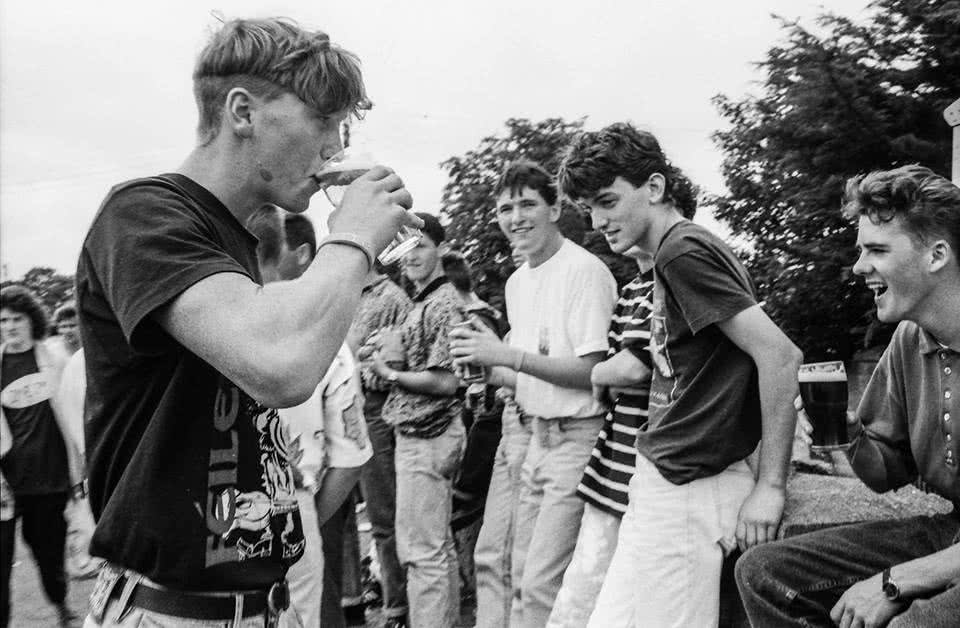
Féile ’90 – Photo credit: Wally Cassidy
The coming together of old friends and familiar faces was also a key driver of the festival’s success.
“There’s a sense of craic and your parents not being around, even all these years later. It was magical, I didn’t want it to end.”
But for Tom, the most important part of capturing the essence of the original Féiles was the music – “the original bands playing their original songs.”
In an incredible feat, Tom and the rest of the event team managed to get six of the full original bands back on Semple Stadium Stage, this time to be accompanied by the Irish Chamber Orchestra.
He shares how each of these iconic bands produced at least one special song that has stood the test of time – ‘Afterall’ by The Frank and Walters, ‘Don’t Go’ by The Stunning, ‘Parachute’ by Something Happens – the list goes on.
“There was great depth and great meaning to the songs, and for me, they have become even more meaningful as the years have gone on.’
These songs have preserved the glory and optimism that resonated throughout the country during the early Feile days, allowing people to be transported back to that carefree, youthful weekend of craic.
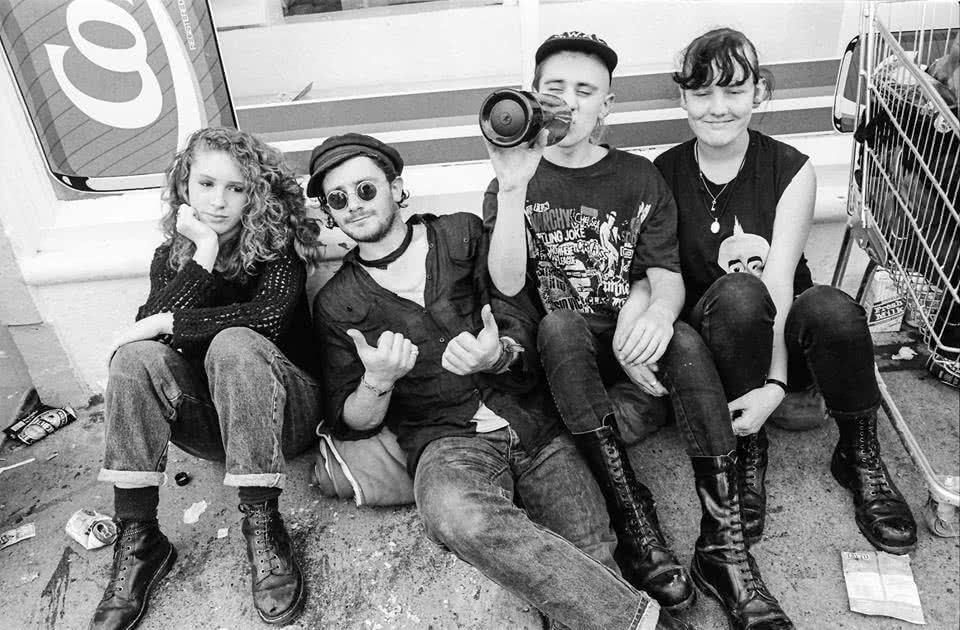
Féile ’91 – Photo credit: Wally Cassidy
Music is deeply intertwined with memory. Songs have the power to stimulate so many parts of our brain, including the visual cortex, causing us to instantly link the music we hear to memories. Because the brain is so completely engaged in listening to music, it’s one of the parts of a situation that is remembered most clearly later on.
This is why music is one of the most effective ways for event creators to generate feelings of nostalgia for attendees. When executed carefully, events can use the power of the past to create new memories for attendees to boost loyalty and build meaningful connections with your brand.
Tipp Classical, now an expanded two-day festival, will take place on September 20th and 21st at Semple Stadium in Thurles. Alongside the iconic lineup on the main stage, the festival will see a return of the Tribal area, the Tipp Top with Jerry Fish and Friends, the usual antics from Dustin the Turkey, and ICO tributes to some of Ireland’s biggest names in music.
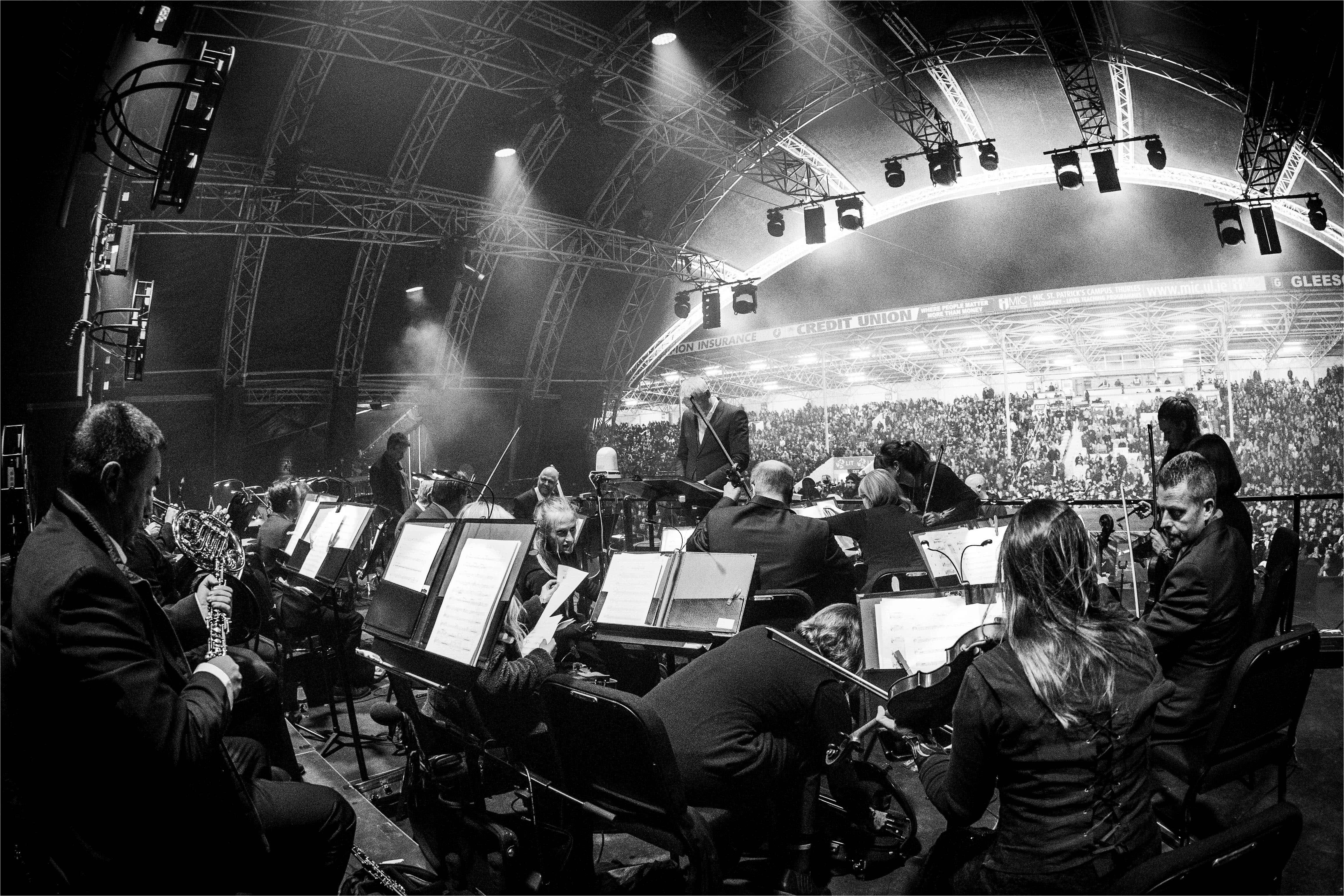
So gather the gang, grab your tickets, and get ready for a nostalgia-fuelled weekend with the best of Irish talent.
Feeling inspired? Do you have your own event ideas to create a blast from the past? Then get started on your first event to transport your attendees back in time.
